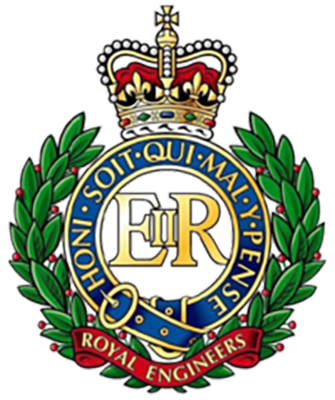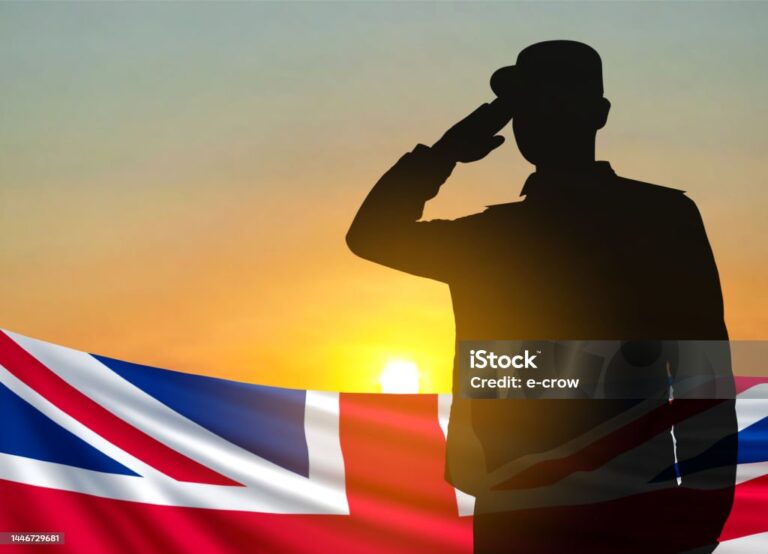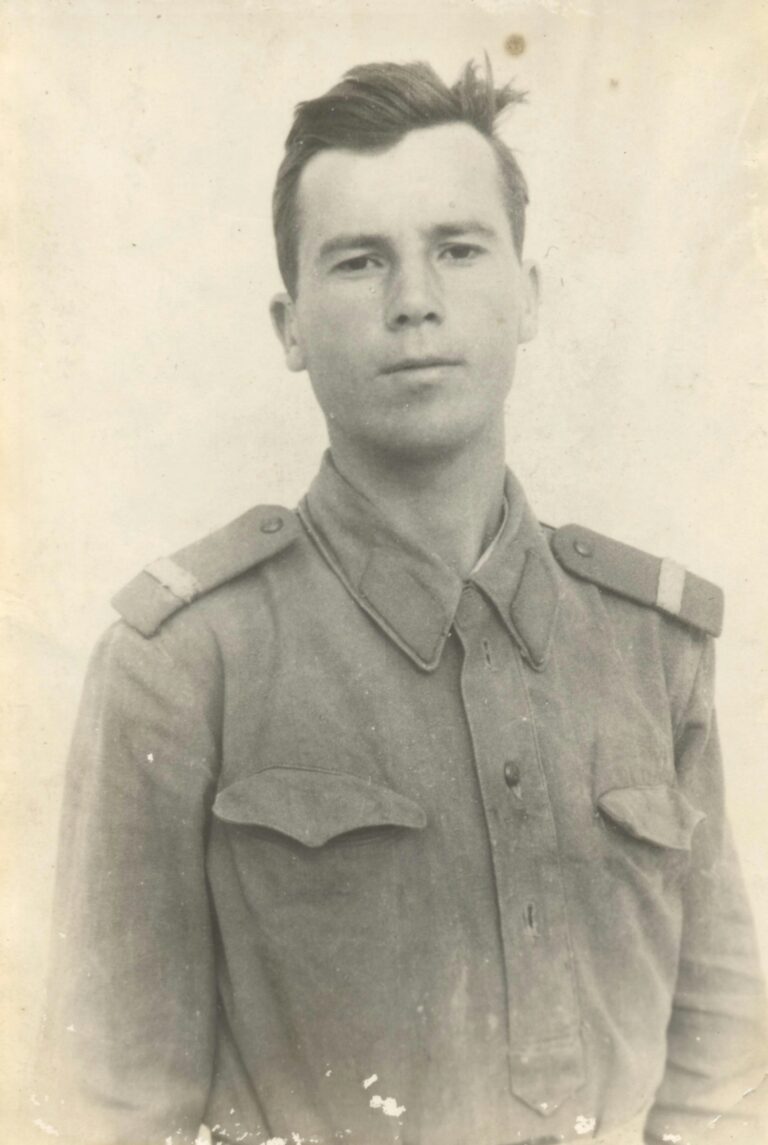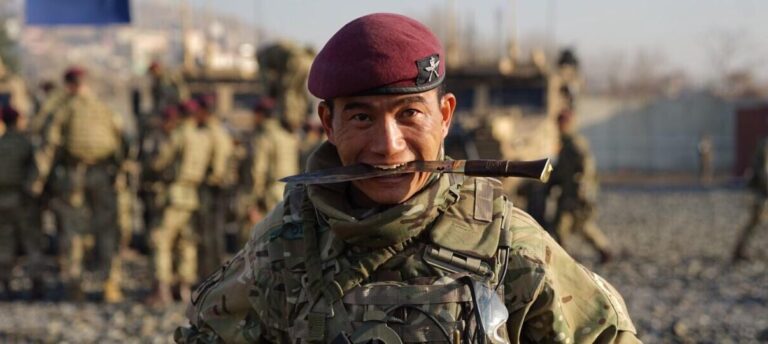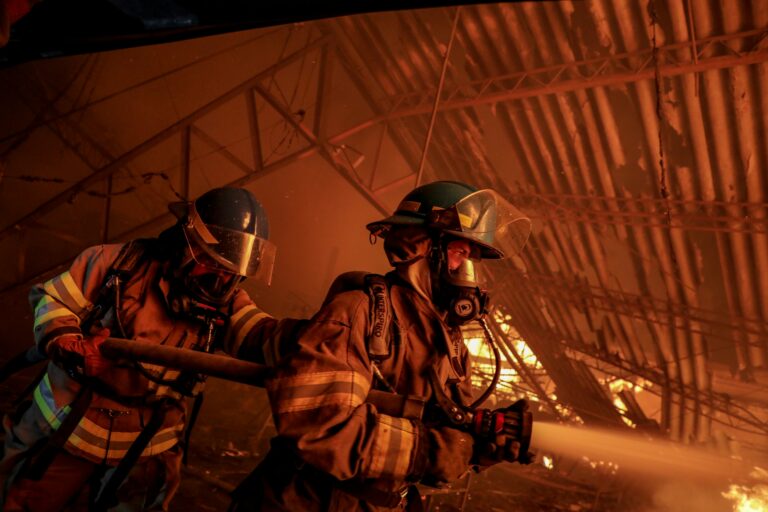Fuel and Petroleum Technicians
Introduction
While combat troops grab the headlines, every military campaign depends on one invisible yet vital force: fuel. Without it, tanks don’t roll, aircraft don’t fly, and ships stay docked. Behind the scenes, Fuel and Petroleum Technicians ensure the UK Armed Forces are supplied with the correct grades of fuel, oils, lubricants, and other flammable materials—wherever and whenever they’re needed.

Often operating in harsh and dangerous environments, these technicians form the lifeline of military logistics, ensuring strategic mobility and operational readiness on land, air, and sea.
Who Are Fuel and Petroleum Technicians?
Also known as Pet Ops (Petroleum Operators) in the British Army and Royal Air Force, these specialists handle every aspect of military fuel supply:
- Receipt, storage, and quality testing
- Pipeline installation and operation
- Refuelling of vehicles, aircraft, and naval craft
- Handling hazardous liquids in field and fixed facilities
- Emergency deployment and disaster response fuel support
They work under the Royal Logistic Corps (RLC) in the Army and Logistics Trades in the RAF.
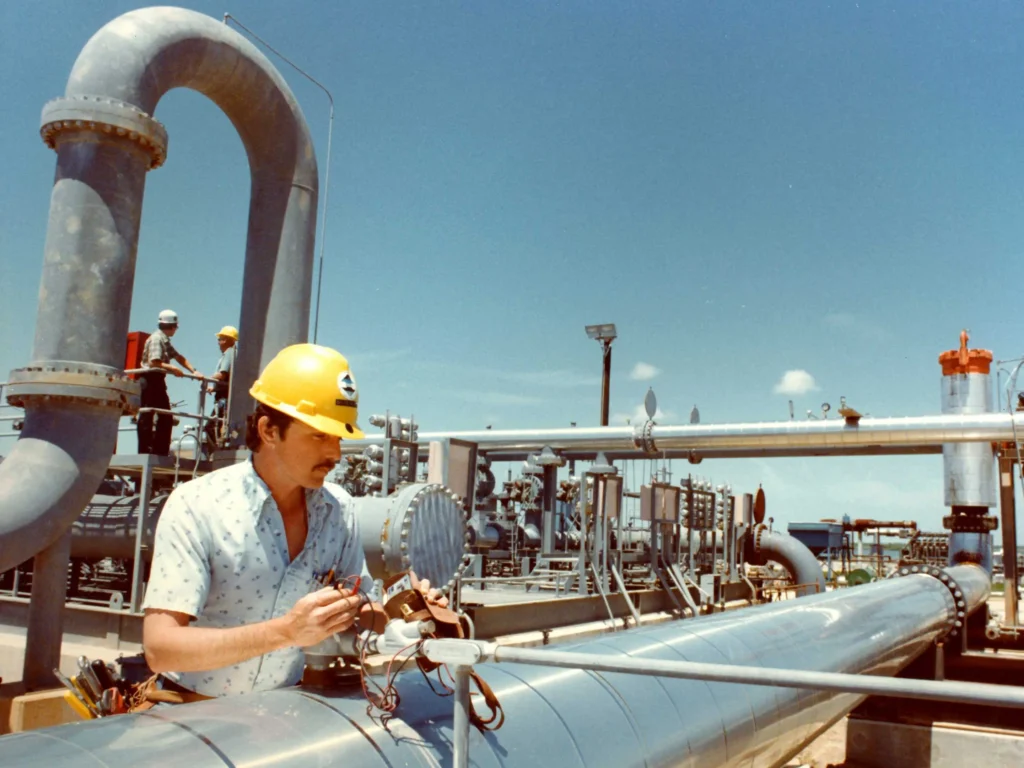
Key Responsibilities
Fuel Technicians operate across the entire fuel logistics chain, including:
| Function | Description |
|---|---|
| Bulk Fuel Storage | Managing large depots and field installations (tank farms, bladders, collapsible tanks) |
| Quality Assurance | Testing for water contamination, flash points, fuel grade suitability |
| Pipeline Operations | Laying temporary or permanent pipelines to refuel forward units |
| Airfield Support | Refuelling fast jets, helicopters, UAVs, and support vehicles |
| Ship Refuelling | Supporting naval operations or joint force amphibious deployments |
| Safety & Compliance | Ensuring handling of flammables meets MoD and NATO standards |
| Environmental Response | Containment and cleanup of spills, leaks, or accidents |
They often work closely with engineers, drivers, aircrew, and logistics command.
Real-World Deployments
Petroleum Technicians have supported UK operations globally:
- Operation Herrick (Afghanistan) – providing aviation and ground fuel to combat bases
- Operation Telic (Iraq) – managing cross-border fuel convoys and tanker operations
- Falklands and Ascension Island – fuel delivery in remote terrain
- Northern Norway – arctic fuel storage for NATO winter exercises
- Humanitarian Relief – restoring fuel supply chains after typhoons, tsunamis, or earthquakes
- UN Peacekeeping – setting up tactical fuel points for allied forces in Africa or the Balkans
Whether it’s a forward operating base in Helmand or a mobile airstrip in the Sahara, fuel technicians make the mission possible.

Where They Serve
| Environment | Typical Posting |
|---|---|
| Army | 10 Petroleum Regiment RLC (Didcot), field logistics units |
| RAF | Brize Norton, Lossiemouth, Akrotiri (Cyprus), Mount Pleasant (Falklands) |
| Joint Operations | Carrier Strike Group, UN deployments, NATO exercises |
| Training | Defence School of Logistics at Worthy Down |
Training Pathway
1. Basic Military Training
- Physical fitness, drill, weapon handling, military discipline
2. Trade Training
At Defence School of Logistics and Administration, technicians learn:
- Fuel theory and petroleum chemistry
- Sampling and lab testing
- Safe handling of volatile fuels
- Depot setup and dismantling
- Pump operation and fuel line maintenance
- Fuel airframe compatibility
- Spill response and fire safety
3. Advanced Courses
For those advancing in rank or role, additional training includes:
- Aviation fuel specialisation
- Pipeline engineering
- POL (Petroleum, Oil, Lubricant) quality auditing
- Instructional techniques
- Logistics command operations
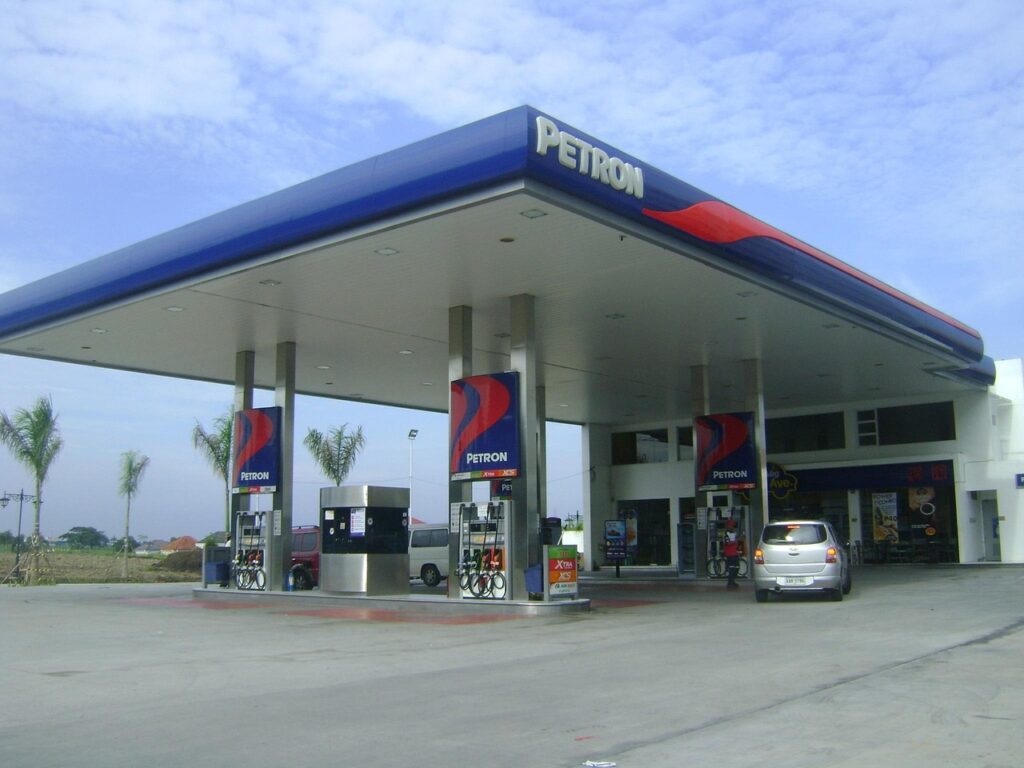
Career Progression
| Rank | Role |
|---|---|
| Private | Fuel operator, learning equipment and processes |
| Lance Corporal / Corporal | Team leader, depot management |
| Sergeant | Section commander, project lead |
| Staff Sergeant / Warrant Officer | Depot commander, technical advisor |
| Commissioned Officer (Late Entry) | Fuels logistics planner or command role |
Career paths also include instruction, fuel laboratory quality control, or joint NATO deployments.
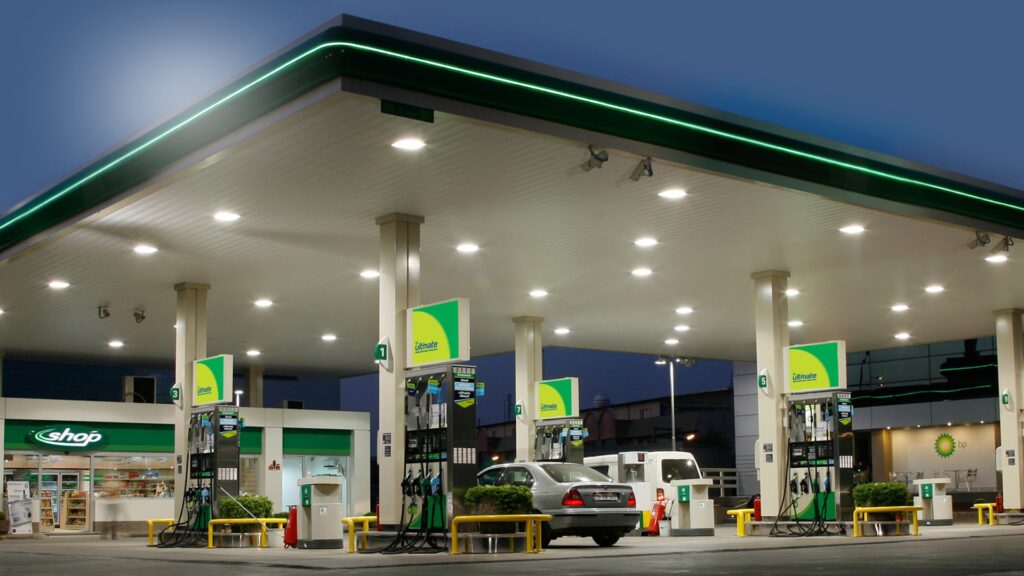
Equipment Used
Technicians work with an array of tools, including:
| Equipment | Purpose |
|---|---|
| Bowser Trucks | Refuelling aircraft, helicopters, and land vehicles |
| Bulk Fuel Installations (BFI) | Long-term fuel storage depots |
| Fuel Pumping Units (FPU) | High-volume delivery from depot to destination |
| Collapsible Fuel Tanks | Tactical storage during temporary deployments |
| Fuel Analysis Kits | Ensuring quality and compatibility of stored fuel |
| Pipeline Kits | For laying temporary fuel supply lines in operations |
Working Conditions
Fuel technicians work in:
- Remote or forward bases with minimal infrastructure
- Airstrips and flight lines, exposed to noise and heat
- Naval platforms, assisting in at-sea refuelling
- Emergency environments (natural disasters or warzones)
- Cold-weather fuel systems, where standard fuels freeze
They must maintain constant vigilance due to the volatile nature of their cargo.
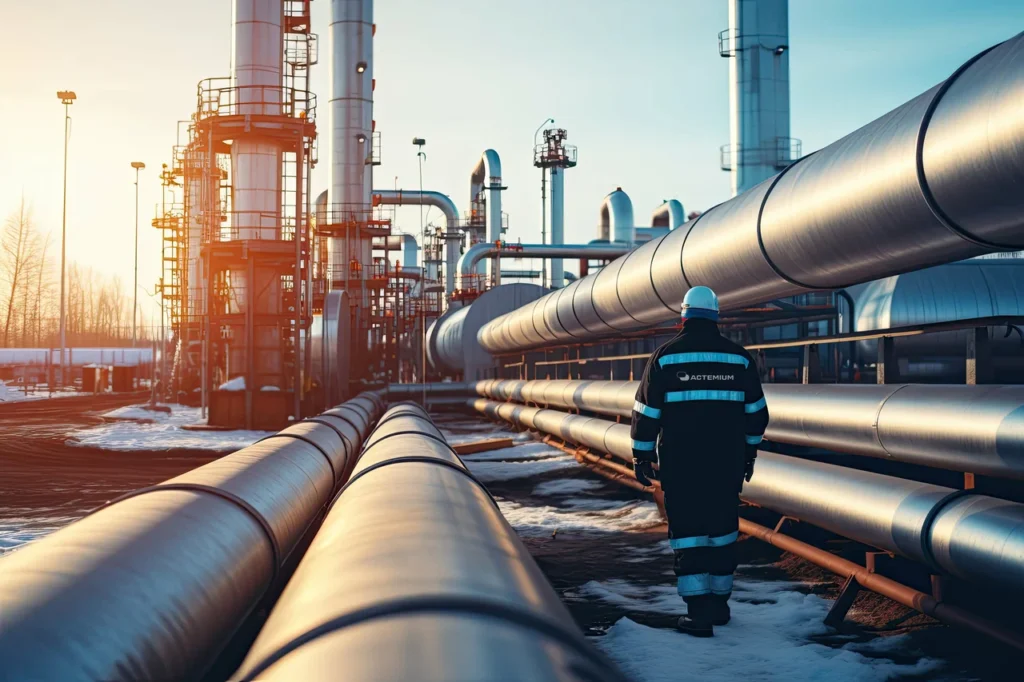
Salary and Benefits
| Rank | Typical Pay |
|---|---|
| Private | £21,000–£26,000 |
| Corporal | £28,000–£33,000 |
| Sergeant | £35,000–£42,000 |
| Warrant Officer | £45,000–£55,000 |
Other benefits:
- Hazard pay for high-risk or expeditionary environments
- Fuel specialist pay bonus
- MOD pension, housing, and healthcare
- Sponsored education and NVQ certifications
- Global travel and adventure training
- Advanced driving qualifications (e.g., ADR licence for fuel)
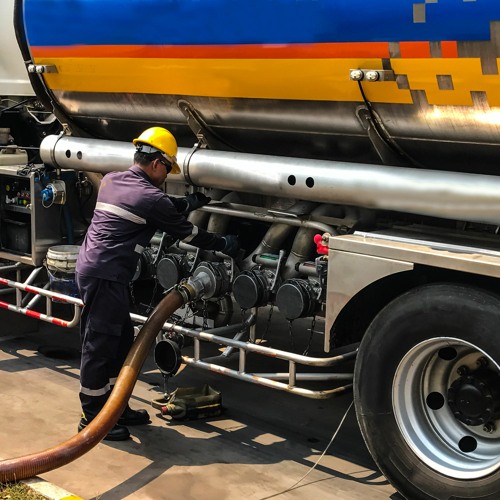
Civilian Career Options
Ex-military fuel technicians have a wide array of civilian career paths:
- Aviation refuelling specialist (airports, ground ops)
- Petroleum industry technician (Shell, BP, ExxonMobil)
- Fuel quality control inspector
- Environmental safety consultant
- Tanker driver (hazardous material certified)
- Pipeline installation or maintenance technician
- Offshore rig logistics engineer
- Fire safety or HAZMAT responder
Some veterans also move into training, auditing, or logistics management roles in the oil and energy sector.
Pros and Cons
✅ Advantages:
- High responsibility and trust
- Unique, transferable skills
- Vital role in any operational success
- Great job stability and logistics career options
- Strong global demand for fuel expertise
- Opportunities to lead and instruct
- Hazard pay and deployment perks
⚠️ Challenges:
- Exposure to flammable, hazardous substances
- Demanding environments (extreme heat/cold, remote areas)
- Physically intensive work
- Potential danger in high-threat zones
- Long working hours during operations
Conclusion
Fuel and Petroleum Technicians may not be the most visible soldiers on the battlefield, but they are among the most indispensable. They are the power behind the power—ensuring that aircraft take off, tanks keep moving, and missions succeed. Without them, modern warfare would grind to a halt.
For those interested in chemistry, mechanics, safety systems, and military logistics, this role offers a technically demanding, globally relevant, and rewarding career both in and beyond the Armed Forces.

